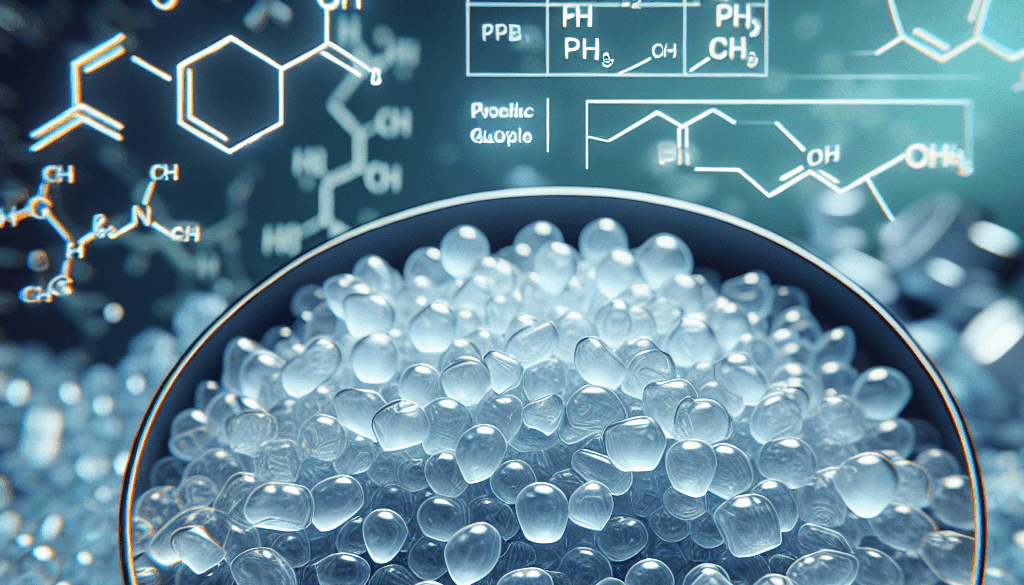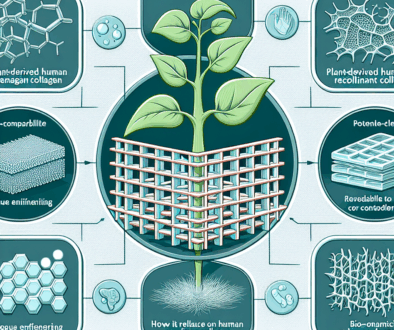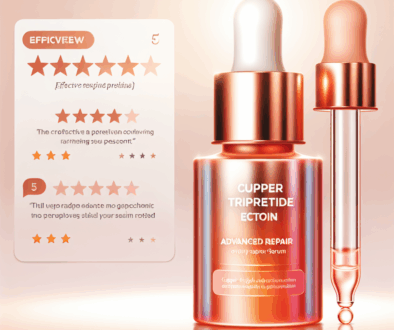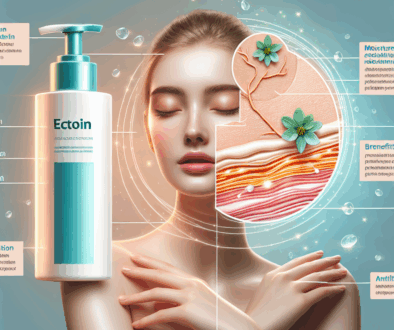Poly B Hydroxybutyric Acid Granules Guide
-
Table of Contents
Poly B Hydroxybutyric Acid Granules: A Comprehensive Guide
Poly B Hydroxybutyric Acid (PHB) granules are gaining attention in various industries due to their biodegradable nature and versatility in applications. This guide provides an in-depth look at PHB, its properties, production methods, applications, and environmental benefits.
Understanding Poly B Hydroxybutyric Acid (PHB)
Poly B Hydroxybutyric Acid, commonly known as PHB, is a type of polyhydroxyalkanoate (PHA), a biopolymer produced by microbial fermentation of sugar or lipids. It is biodegradable and is considered an eco-friendly alternative to petroleum-based plastics.
Properties of PHB Granules
PHB granules are known for their unique properties which make them suitable for a wide range of applications:
- Biodegradability: PHB is fully biodegradable in natural environments, breaking down into water, carbon dioxide, and biomass.
- Thermal Stability: PHB has a melting point of around 180°C, making it suitable for various thermal processing applications.
- Biocompatibility: Due to its non-toxic nature, PHB is used in medical applications such as sutures, bone plates, and drug delivery systems.
Production of PHB Granules
The production of PHB granules involves several steps, primarily through bacterial fermentation. The process includes:
- Cultivation of Microorganisms: Specific bacteria such as Cupriavidus necator are cultured in controlled conditions to produce PHB.
- Fermentation: The bacteria ferment sugars to produce PHB, which accumulates in the cells as granules.
- Recovery and Purification: PHB granules are extracted from the bacterial cells and purified for commercial use.
Applications of PHB Granules
Due to their biodegradable nature and physical properties, PHB granules are used in various sectors:
- Packaging: PHB is used to produce biodegradable packaging materials, reducing plastic waste.
- Agriculture: PHB films are used as mulch films that degrade naturally, eliminating the need for removal and disposal.
- Medical: PHB’s biocompatibility makes it suitable for medical implants and drug delivery systems.
- Consumer Products: From disposable cutlery to cosmetic containers, PHB is used to make everyday products more sustainable.
Environmental Benefits of PHB
The use of PHB granules offers significant environmental benefits:
- Reduction in Plastic Pollution: As a biodegradable material, PHB helps reduce plastic pollution, particularly in oceans and landfills.
- Lower Carbon Footprint: The production of PHB typically has a lower carbon footprint compared to conventional plastics.
- Non-Toxicity: PHB does not leach harmful chemicals into the environment, making it safer for wildlife and ecosystems.
Challenges and Future Prospects
While PHB granules offer many advantages, there are challenges to their widespread adoption:
- Cost: The production cost of PHB is currently higher than that of conventional plastics, limiting its use in some industries.
- Performance Issues: PHB can be brittle and less flexible than some synthetic plastics, which can limit its applications.
Research is ongoing to overcome these challenges, with advancements in genetic engineering and process optimization expected to reduce costs and improve material properties.
Conclusion
Poly B Hydroxybutyric Acid granules represent a promising solution to the environmental issues posed by synthetic plastics. With their biodegradability, versatility, and growing range of applications, PHB granules are poised to play a crucial role in the future of sustainable materials. Continued research and development will likely enhance their performance and economic viability, making them a cornerstone of green technology.
Explore ETprotein’s Protein Products
In addition to sustainable materials like PHB, it’s also essential to consider sustainable nutrition options. ETprotein offers a range of high-quality, organic protein products that are perfect for those looking to incorporate sustainable and healthy ingredients into their diet. Their products, including organic rice protein and pea protein, are ideal for various applications in the food and beverage industry.
ETprotein is Hydroxybutyric acid Factory Manufacturer and Supplier in China, Check further information by visiting the Hydroxybutyric acid Product Page
Hydroxybutyric acid Product Page
Request Quotation and Samples of Hydroxybutyric acid from ETprotein
About ETprotein
ETprotein, a reputable protein and elite nutrition ingredients Hydroxybutyric acid Chinese factory manufacturer and supplier, is renowned for producing, stocking, exporting, and delivering the highest quality organic bulk vegan proteins and elite nutritional ingredients Hydroxybutyric acid. They include Organic rice protein, clear rice protein, pea protein, clear pea protein, watermelon seed protein, pumpkin seed protein, sunflower seed protein, mung bean protein, peanut protein. Their offerings, characterized by a neutral taste, non-GMO, allergen-free attributes, cater to a diverse range of industries. They serve nutraceutical, pharmaceutical, cosmeceutical, veterinary, as well as food and beverage finished product distributors, traders, and manufacturers across Europe, USA, Canada, Australia, Thailand, Japan, Korea, Brazil, and Chile, among others.
ETprotein specialization includes exporting and delivering tailor-made protein powder and finished nutritional supplements. Their extensive product range covers sectors like Food and Beverage, Sports Nutrition, Weight Management, Dietary Supplements, Health and Wellness Products, and Infant Formula, ensuring comprehensive solutions to meet all your protein needs.
As a trusted company by leading global food and beverage brands and Fortune 500 companies, ETprotein reinforces China’s reputation in the global arena. For more information or to sample their products, please contact them and email sales(at)ETprotein.com today.












